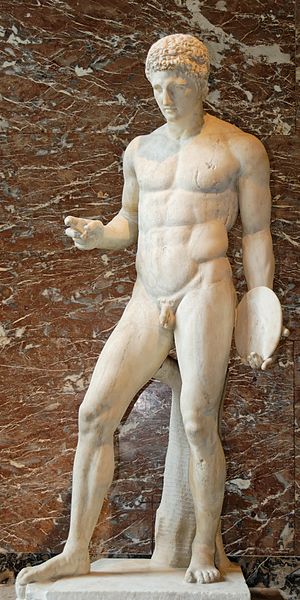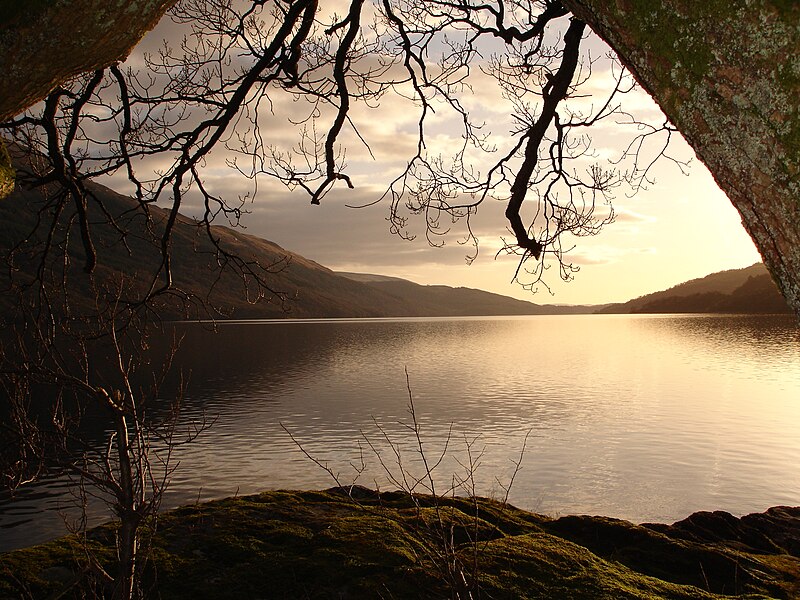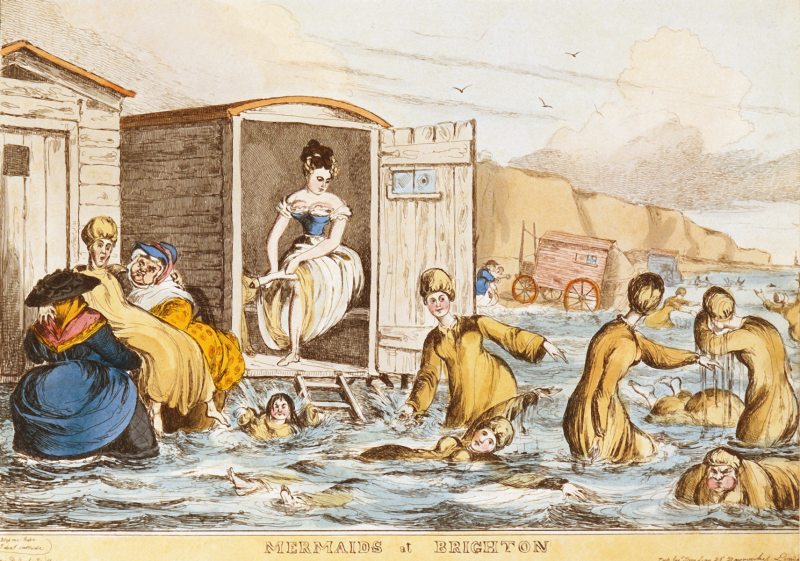Oh, these words aren't in alphabetical order. They're in Elizabeth-thought-of-them-in-this order.
To begin, this post has a soundtrack. I implore you to play "Bugler's Dream" as you read. I find it really adds to the festive spirit of the piece.
Olympics: We call these games the Olympics because they are a revival of the ancient Greek Olympic games, so named for their site, the Olympia plain in Elis, Greece. The original Olympics were held in honor of Zeus. I did some digging, but can't find any etymology for "Olympia" beyond the fact that it's a name. NOTE: the plain, Olympia, was not at the foot of Mount Olympus, the dwelling place of the Greek gods. The mountain is in Thessaly, more than 200 miles from the site of the plain. The first modern Olympic Games was held in Athens, Greece, in 1896.
Athlete: The term by which we call the Games' competitors comes from, of course, the ancient Greek. Stretching back as far as I can take it, we find athlos, "a contest," which begets athletes, a "contestant in the games."
 |
| Pro tip: Don't make snide "size" remarks to the gentleman who could hurl that heavy, metal Frisbee at your head. |
Competition: Is brought to us by the Latin, competitio, "a rivalry."
Victor: From the Latin again. This one has remained remarkably intact. Victor, meaning "conqueror."
Game: This one is English, baby. USA! USA! Oh, wait... Old English gamen, "fun or amusement." Interestingly, we can trace this word back along its Germanic roots to the Gothic, in which the word gaman held a sense of "communion" or "people together." Games are all about being together. Awww, group hug!
Team: English again! Well, this is interesting. Originally, the Old English team referred to a set of draft animals yoked together. Oxen and whatnot. Beasts that pull. When it was first applied to humans, team indicated a group of people bringing suit. Class action lawsuits, you guys. In Old English.
Race: The short race was one of the five original Olympic games. Old Norse ras, meaning "running or rushing water." This word first was associated, in English, with a contest of speed in the 1500's.
Javelin: The javelin throw was also one of the original games. Middle French this time. Javeline, "a spear." That's pretty straightforward. Moving along...
Gymnastic: Back to Greece! Gymnasticus, meaning "fond of or skilled in bodily exercise."
Discus: Another of the original Olympic competitions. And another word that's stayed with us since the beginning. Ancient Greek diskus, "disk or platter."
 |
| Old timey man on the right, you're not even trying!!! This is a race, not a stroll in the park. You've dishonored your ancestors and your nation. Way to go. |
Wrestling: Ooo, this one's going to test my special character finding skills. Old English wræstlung, which is "a sport of grappling or throwing." Sounds about right.
Jump: And finally, a fun one to round out the list of things I thought of related to the Olympics. The long jump was one of the five original games. Our modern word might be ancient onomatopoeia, y'all (related to bump.). Holy crap. How cool is that? OR, the more boring idea is that it's derived from the Gallo-Romance dialects of southwestern France. I'm sticking with onomatopoeia. Because it's more fun to say "onomatopoeia" than "Gallo-Romance dialect."
I hope you've enjoyed this etymological glossary of Olympic words! Best of luck to all the athletes who will compete in this year's summer games. I hope we can all come together in the spirit in which the Games were founded. I'll bring the sacrificial bull. See you in London!
Lots of information from http://www.etymonline.com.







_edited.jpg)

.jpg/800px-Brighton_Palace_(Royal_Pavilion).jpg)